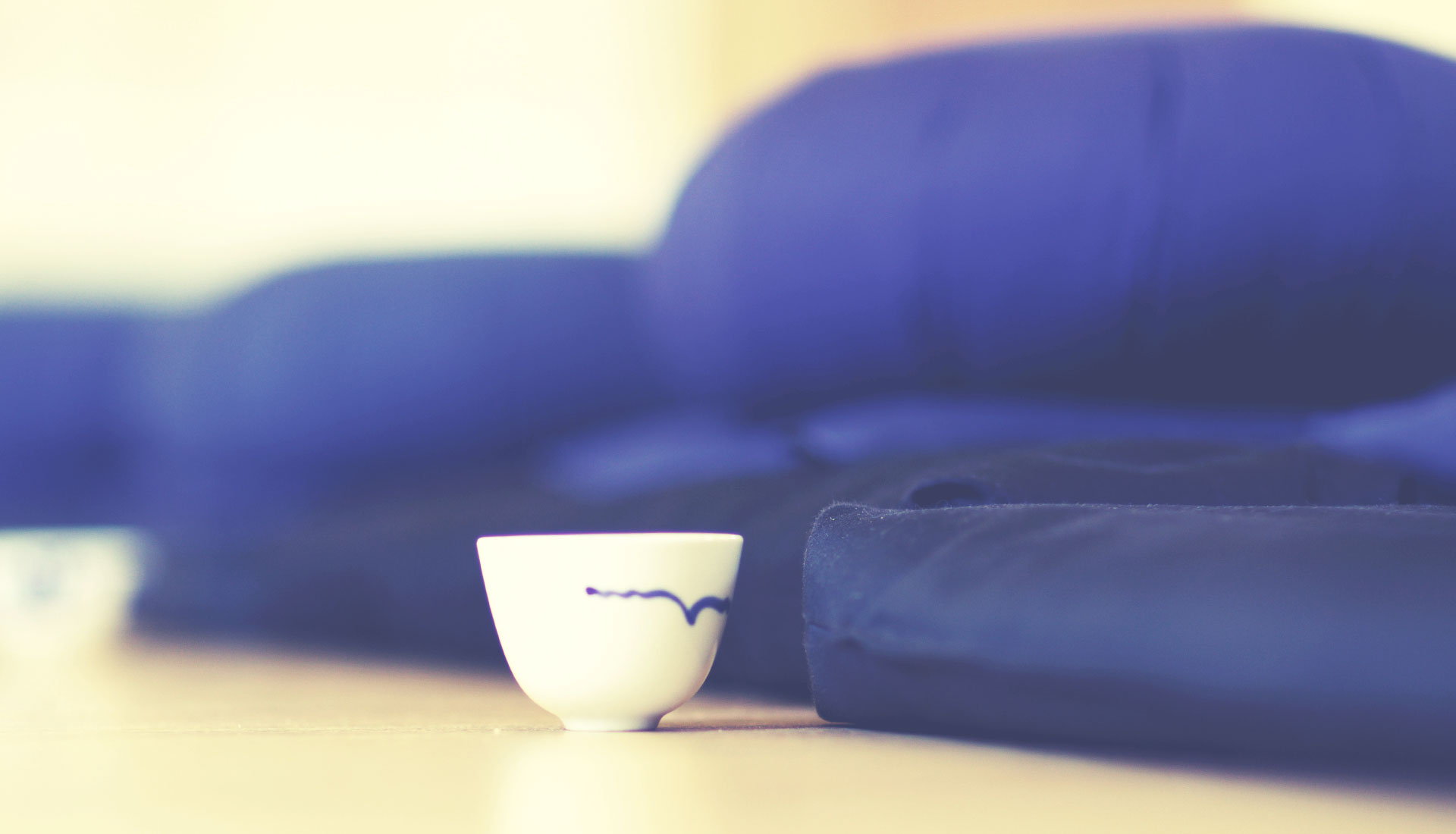The everyday Wisdom of Zero
I’m re-reading a book I first read as a monk in training – “The Gift of Fire” by Richard Mitchell. It’s a book about thinking and reason, and what we can learn from the wisdom of Socrates and Jesus. As a young monk I was happy to remember how much wisdom there was in the Western tradition of my upbringing. I was also happy to remember that I didn’t have to throw out one type of wisdom to enter deeply into another.
“Wisdom” in the Zen tradition often refers to a very deep wisdom about the way things work – ourselves, others, the world. This is the Wisdom of Zero, the realizing understanding of the emptiness of self.
When reading certain Zen texts, it’s easy to think that the Wisdom of Zero solves everything; that if we just drop into a deep place of quiet and stay there, everything in our lives will work itself out. Take it from me, it doesn’t, and it won’t.
I think the Wisdom of Zero sets the table for everyday wisdom; for the experience and sense to make good decisions.
As practitioners, we have to develop a commitment to deepening the Wisdom of Zero. This necessitates a lot of zazen, a lot of work with an experienced teacher, and a community of supportive practitioners. I believe we also have to commit to cultivating our everyday wisdom, and to widening the circle of our wisdom to include better and better judgment in more and more types of situations. We must add precepts, ethical training, and character development to our wisdom training. We must learn how to think and act clearly as well as learn how to not-think.
I want students of Zen to have a diverse diet: to read widely; to study systems of thought other than Zen; to have experiences far beyond the meditation hall. I want them to increase their everyday wisdom in whatever ways call to them.
And then I want students to bring all that everyday wisdom right back into the Zendo, to let it all go, and to go deeply back into the Wisdom of Zero.
The Wisdom of Zero and everyday wisdom don’t have to be at odds with each other; in fact, I believe they can complement each other. The richer and more varied our experiences are off the cushion, the more we can enter fully into the Wisdom of Zero.
-Koshin Chris Cain is Abbot of the Puget Sound Zen Center





